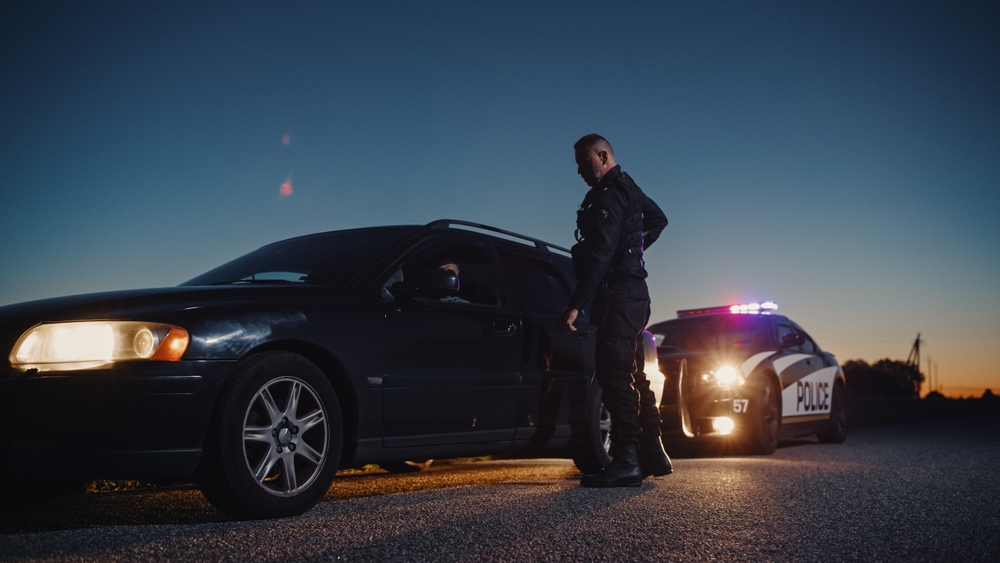The holiday season is here, which means that many police departments are conducting checkpoints to prevent drunk driving. The increase in drivers hitting the roads after indulging too much at holiday parties also means that many officers are more aggressive in pulling drivers over who may be driving under the influence or driving erratically. If you are pulled over under suspicion of driving under the influence, you may be asked to participate in field sobriety tests. While these tests can seem intimidating, understanding how they work and what your rights are can help you keep a cool head.
What Are Field Sobriety Tests?
Field sobriety tests are small, simple tasks that are designed to give police officers an indication of whether or not a driver is impaired by alcohol or drugs. The three most common tests that you might encounter in Maryland are:
- The Horizontal Gaze Nystagmus Test: This test evaluates involuntary eye movements when the driver follows a moving object, such as a pen or flashlight. The officer will watch for wobbles or jerks in your eyes as you follow the object from side to side.
- The Walk-and-Turn Test: The driver will be instructed to walk in a heel-to-toe straight line, turn around, and return. The instructions are considered part of the test, as the driver starting the test before hearing the instructions can be a red flag for intoxication.
- The One-Leg Stand Test: For this test, the driver must balance on one leg for about 30 seconds without swaying, using their arms for balance, or putting their foot down.
While those three tests are the most common, some other tests can be performed, like asking the driver to recite the alphabet.
Do You Have to Perform Field Sobriety Tests?
In Maryland, field sobriety tests are voluntary, which means that you are not legally required to perform them. Unlike refusing to take a breathalyzer test, Maryland does not impose any automatic legal penalties for refusing to take a field sobriety test. However, declining any of these tests may raise suspicions and could lead to an arrest if the officer believes other signs indicate impairment
What Happens If You Fail a Field Sobriety Test?
Failing a field sobriety test does not automatically mean you will be convicted of a DUI. It can, however, give the police officer probable cause to arrest you and conduct further testing, like a breathalyzer or blood test. It is crucial to consult with an experienced Maryland DUI attorney to understand your options and build a strong defense.
Are Field Sobriety Tests Reliable?
While field sobriety tests are widely used, they are not foolproof. Studies show they have various degrees of accuracy, with the horizontal gaze nystagmus test boasting a 77% rate of accuracy and the one-leg stand test considered only 65% accurate. A variety of factors like medical conditions, fatigue, nervousness, and uneven surfaces can significantly impact performance on field sobriety tests, even for people who are completely sober.
Contact Mobley & Brown, LLP for Help With Your Legal Needs
If you are pulled over under suspicion of driving under the influence, you need the right legal assistance. Our experienced legal team is looking forward to working with you to meet your needs. Call us now at (410) 385-0398.




